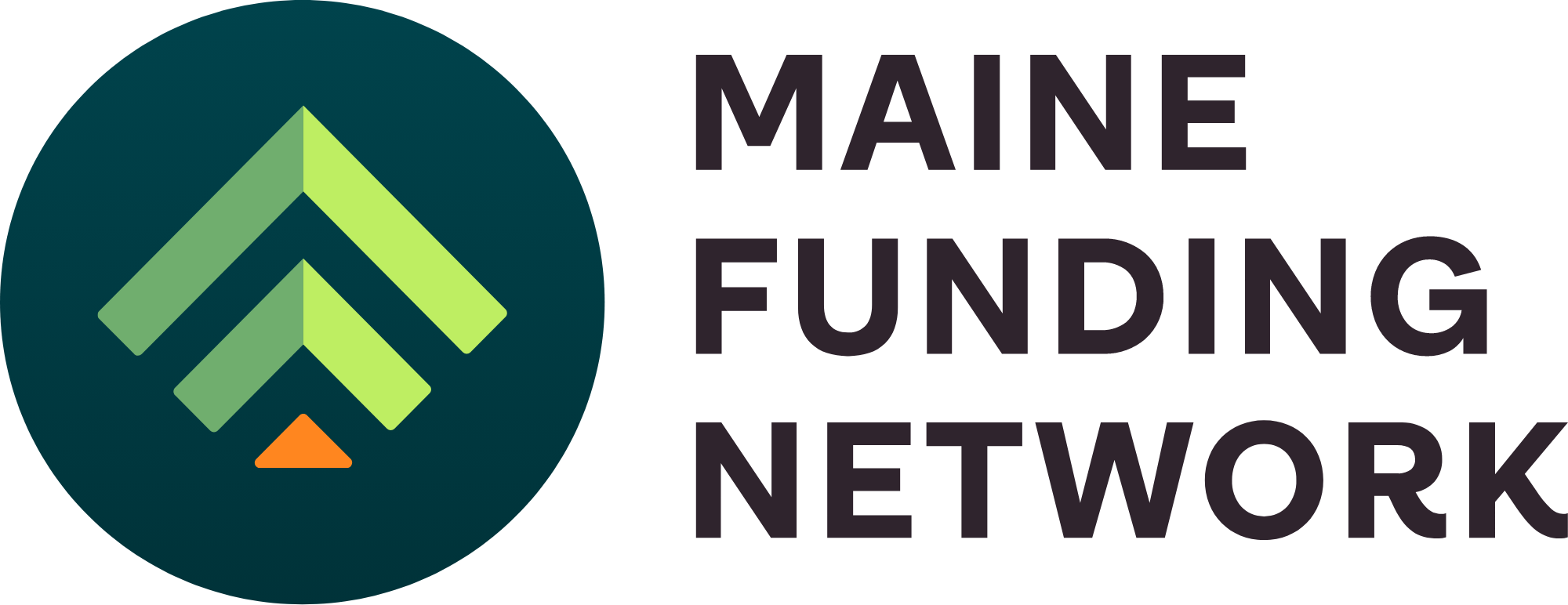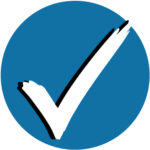Whether you’re starting a business or seeking financing for an existing business, you may need some help. Fortunately, the state of Maine has numerous organizations and resources to help guide you, many of them at no cost. While FAME does not provide business counseling, we can point you to the organizations that do. Our Business Roadmap outlines key steps in the business planning and financing process, along with the tools, resources, and trusted partners that can help you along the way.
Evaluate Your Idea and the Marketplace
The first step in your Business Roadmap is about getting to know your customers, your competitors, and the market. You’ll need to understand who and where your customers are, and what unique value your business offers them—all of which will help you determine how your business fits in the marketplace.
Perform Market Research and a Competitive Analysis
You’ll learn about your customer base by conducting market research and identify and evaluate your competitors by performing a competitive analysis. If you need help getting started, the U.S. Small Business Administration (SBA) outlines the process for each and offers helpful links to additional resources.
Conduct a Feasibility Study
Before you begin writing your business plan, the Maine Small Business Development Centers (Maine SBDC) recommend conducting a feasibility study to help you determine the probable success of your new business. Download their how-to guide here:
Use the Select Maine Sites Tool
To help you evaluate if the proposed location of your business is adequate, the Maine Department of Economic and Community Development has launched a site selection tool. This tool ensures that businesses making location decisions can view available commercial sites and buildings and research critical demographic, workforce, consumer spending, talent, and business data. Visit this online tool here:
Use the Census Business Builder
The U.S. Census Business Builder (CBB) provides business owners with select demographic and economic data from the U.S. Census Bureau. The Small Business Edition presents data for a single type of business at a time. It can provide small-business owners with key data for their business plans and help them better understand their potential market. The Regional Analyst Edition presents data for all sectors of the economy within a user-defined region made up of one or more areas.
Make Your Plan
Putting your plan on paper not only helps you run your business, but if you’ll be applying for financing, your lender and/or investor(s) will want to review your plan before deciding whether to give you a loan or invest in your business.
Create Your Business Plan
Wondering where to begin? The Maine Small Business Development Centers’ (SBDC) step-by-step guide to writing a business plan is a great place to start. Download the guide and then take advantage of free assistance from Maine SBDC and/or SCORE Maine.
Prepare Financial Statements
A properly completed business plan includes a full set of financial projections (balance sheet, income statement, and cash flow statement). These will help you identify your funding needs.
Financial Templates from Maine SBDC:
- Balance Sheet (.xls format)
- Income Statement – also known as a Profit & Loss Statement (.xls format)
- Cash Flow Statement (.xls format)
Need assistance with this step? Use the FREE mentoring and counseling offered by Maine SBDC and/or SCORE Maine.
Determine Your Business Structure
Sole proprietorship, limited liability corporation, partnership — these are just a few business-structure options. Your business structure has operational, legal, and financial implications (particularly with regard to taxes). You’ll need to consider how these apply to your specific situation. How do you determine which one is right for your business? Seek advice from legal and financial professionals to help you make your decision.
See Maine SBDC’s guide to common business entities to learn more.
Assemble Your Team
Besides the people you’ll hire to run your day-to-day operations, consider these other important members of your business team:
Your Banker: An experienced business banker knows what to look for with regard to financials, planning, and timing, and knows the important questions to ask. They can help you with your financial plan and cash flow projections, review your financing options, and develop a plan to help you effectively manage your business. They can also help connect you to other professionals to round out your business team.
Your Accountant: There are numerous situations where an experienced business accountant can be of great help, including at business start-up; when deciding on your business legal structure; when/if you need a small-business loan; and (perhaps above all) to file your business taxes. Make sure to work with a certified professional. Qualifying as a CPA is the only form of licensed accounting qualification in the U.S. To become a CPA, accountants need to pass a specific exam. CPAs must also renew their certification periodically to ensure their knowledge is up to date.
Your Insurance Agent: Your insurance agent will need to have a basic understanding of your business in order to help you assess your coverage needs. From there, your agent should help you shop for coverage and select the best option for your business. They’ll also maintain (and update) your coverage as your business grows and assist you with any claims.
Your Lawyer: A good business lawyer will not only help protect you and your business from liability and legal consequences but can also assist you with choosing the appropriate legal structure for your business, drafting and reviewing contracts, protecting your intellectual property, and reviewing leases and other agreements.
File Your Registrations, Licenses, and Permits
It’s time to make it official! Learn more about required business registrations, licenses, and permits in Maine at Maine.gov’s Business Licensing page.
Maine DECD’s Business Answers has a Business Licensing Assistant that will lead you through a series of questions about the type of business you want to start. Based on your answers, it will provide a list of licenses, permits, and/or qualifications you need.
Get the $$$ You Need
Once you’ve completed your business plan and have determined what you’ll need for finances, it’s time to figure out where to get the money you’ll need.
Determine: Debt or Equity Financing?
“Debt” involves borrowing money to be repaid, plus interest, while “equity” involves raising money by selling interests in the company.
| Debt Financing | Equity Financing |
|---|---|
| PROS: You retain ownership in the company. Considered cheaper than equity financing. If firm has assets (collateral), it can lower the cost of long-term loans. | PROS: You don’t have to pay interest or recurring payments. Can improve creditworthiness. Equity money can be used as collateral. Shareholders may use their personal earnings history to apply for bank loans. |
| CONS: Riskier (loan payments become your fixed cost, so you need cash flow) and must be repaid. Lack of collateral or poor earnings history will hinder cash flow, or you will have to borrow with higher interest rates. | CONS: Gives up a piece of the ownership in the company. You have to answer to someone else. Most expensive way of financing (each investor receives a percentage of the total value of the company). |
The Financing (Debt) Path/Financial Institution. Before you approach a financial institution, have your business plan ready, and know what collateral you can use, your net worth (your assets and what you owe), and your credit history and score. Understand that financial institutions look at your creditworthiness and your business plan to determine if they will loan you money, with what terms, and what your interest rate will be.
The Investment (Equity) Path/Investor. Similar to a lender, investors will also be interested in your business plan and creditworthiness. However, investors may also be looking for what the return on their investment in your company will be worth and when. Since they will not be receiving monthly loan payments (and depending on their investment preferences), investors may be more patient to be paid dividends.
Seek Grants and Other Funding Sources
Did you know Maine offers some grant (free money) and alternative funding (forgivable loans, contests) opportunities for start-up businesses? Check with your SCORE or SBDC counselors to see what they know about these types of funding options. In addition:
- The Maine Funding Network matches businesses with public and nonprofit business funding agencies throughout Maine. Create a free account and complete the match request form to find your funding match.
- Maine DECD’s Office of Business Development specialists are available to meet with you to identify resources and supports available from the State and other external resources. Contact Maine DECD’s Business Answers weekdays between 8 a.m. and 5 p.m. at 1-800-872-3838 (within Maine) or at 1-800-541-5872 (outside of Maine), or by email at business.answers@maine.gov.
- For federal grants, visit Grants.gov, a centralized site for grant seekers to find and apply for federal funding opportunities. This helpful video explains how to use the site to search for grants.
- The University of Maine Cooperative Extension has a helpful fact sheet on sources of capital for your business.
- Check out Coastal Enterprises Inc. (CEI), Maine Technology Institute (MTI), Gorham Savings Bank’s LaunchPad, and Greenlight Maine to learn about their business financing programs and initiatives.
FAME’s Non-traditional Loan, Bond, and Equity Programs
FAME provides a host of unique programs to help expand business opportunities through our willingness to invest at a greater risk for public benefit. Many Maine businesses come to need FAME programs after they’ve first met with a lender or investor. If your lender denies your loan request, ask if they might consider the loan with commercial loan insurance from FAME.
FAME has other programs that can help businesses at various stages of the business life cycle. Check out these areas of the site:
Direct Loans
Commercial Loan Insurance
Bond Programs
Equity Programs
Additional Resources
Maine has a number of agencies and organizations offering a variety of programs and services to Maine businesses.
Guides for Startups and Entrepreneurs
Maine Small Business Development Centers (SBDC) offer both a printed guide and a recorded webinar on starting a business in Maine:
Maine SBDC Guide: Starting a Business in Maine
Maine SBDC Webinar: Starting a Business in Maine
Startup Maine‘s Guide to Resources for Maine Entrepreneurs is a starting point for entrepreneurs seeking resources in the state of Maine. It’s also designed to help individuals and organizations that support and guide entrepreneurs and startups and are looking for ways to match resources with those in need.
To help build your network and knowledge base, check out Startup Maine’s Resource Compass, a database of business resources and events from all across the entrepreneurial ecosystem.






